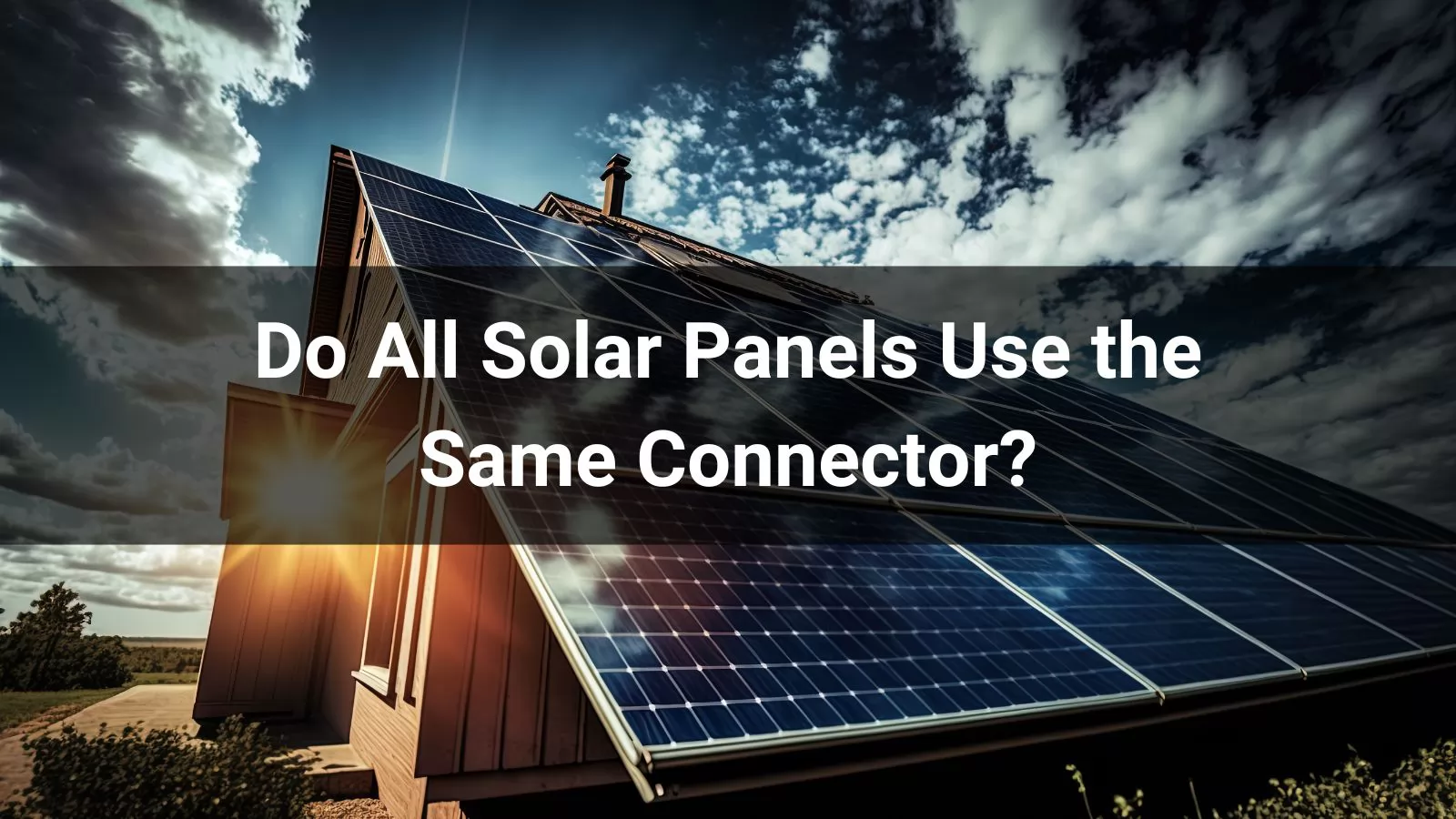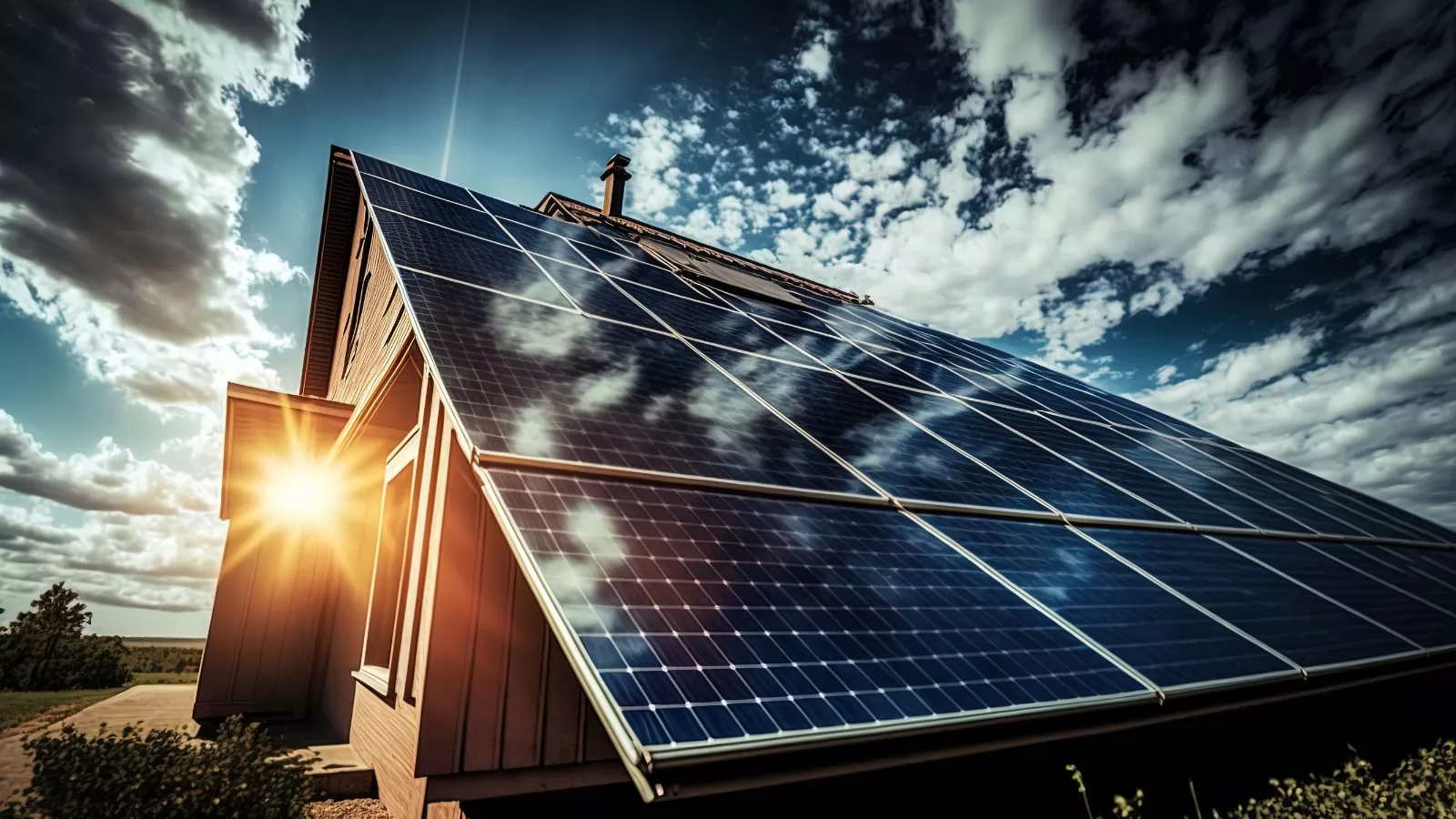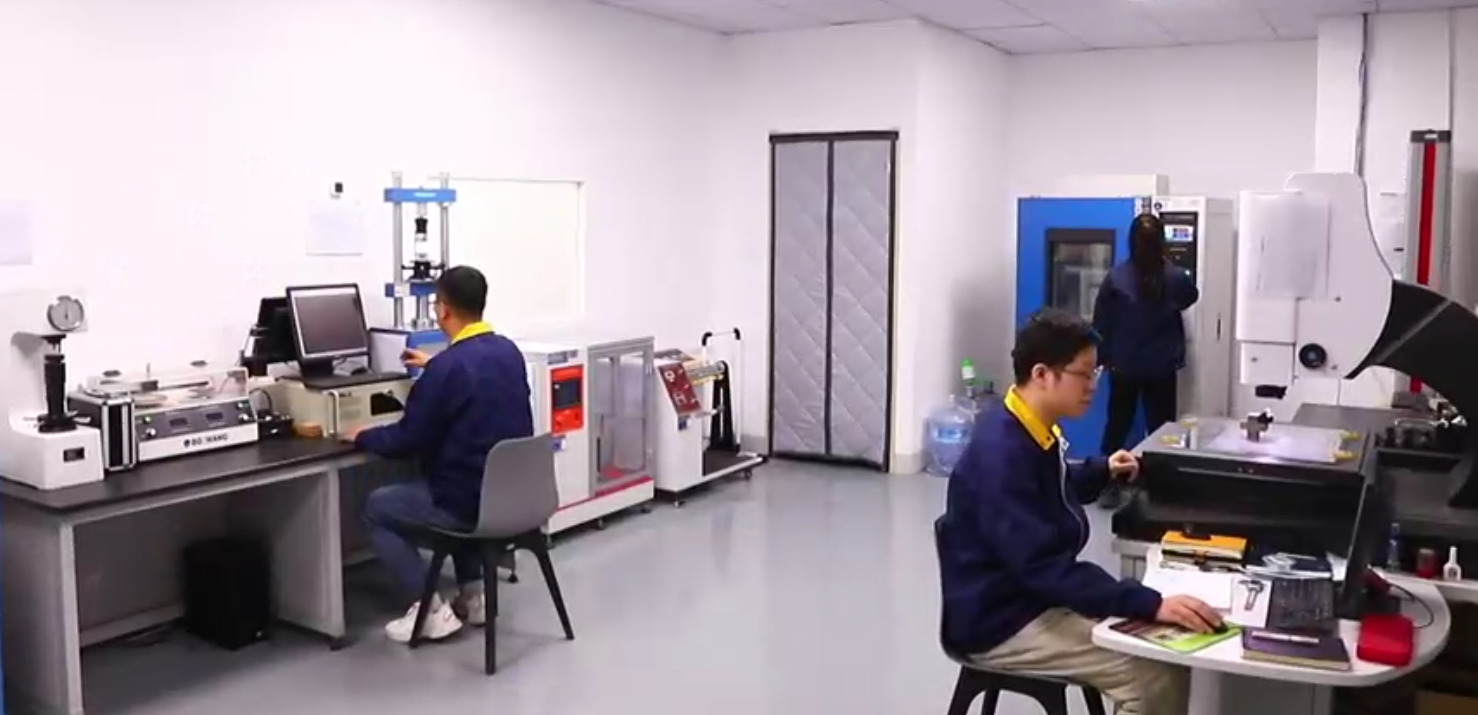What Is Solar Panel Connectors?
A solar panel connector is essentially the link between solar panels and other parts of a solar energy system, like inverters and batteries. These connectors ensure that electricity generated by the panels flows smoothly through the system with minimal loss. They also provide a weatherproof seal to keep connections safe from external elements like moisture, dust, and heat.
Without proper connectors, your solar system could experience energy losses, malfunction, or even dangerous short circuits. That's why choosing the correct connector is critical, especially for businesses that rely on high efficiency in their energy systems.
Solar panel connectors types
Now that we know what a solar connector is, it’s time to break down the various types used in solar energy systems. Not all solar panels use the same connector, and understanding the differences will help you make the best choice for your installation.
1. MC4 Connectors
Perhaps the most widely recognized connector in the solar industry is the MC4 connector. Named after its manufacturer, Multi-Contact, this type of connector is considered the standard for most modern solar panel systems. MC4 connectors are:
-
Reliable and durable: Built to withstand harsh weather conditions
-
Universal compatibility: Many manufacturers use MC4 connectors due to their broad acceptance in the industry
-
Locking mechanism: They snap together securely, ensuring a tight connection that doesn’t loosen over time
MC4 connectors are compatible with most solar panels, making them a go-to option for those looking for flexibility and reliability in their setup.
2. MC3 Connectors
Before the MC4 came into widespread use, MC3 connectors were the industry standard. While they still have applications in older systems, they’ve mostly been replaced by MC4 connectors for several reasons:
-
Weaker connection: MC3 connectors don’t lock in place as securely as MC4s
-
Weather resistance: They lack the same level of weatherproofing, making them less reliable in outdoor conditions
3. Tyco Connectors
Tyco connectors, also known as AMP connectors, are another alternative in the solar market. These connectors are known for their:
-
Slim profile: They’re slightly smaller than MC4 connectors
-
Ease of installation: Quick to install, often used in smaller-scale solar systems
However, they aren’t as commonly used as MC4 connectors due to their lack of widespread compatibility.
4. Radox Connectors
Used in more specialized applications, Radox connectors offer high levels of temperature resistance. They are typically found in systems where extreme conditions are common, such as industrial installations. While they’re not as prevalent as MC4 or Tyco connectors, Radox connectors are valued for their durability.
Choosing the Right Solar Panel Connectors
With several different types of solar connectors available, how do you choose the right one for your system? The answer depends on several factors:
-
Compatibility: Always check the manufacturer’s recommendations. Many modern solar panels are pre-equipped with MC4 connectors, so using compatible cables and inverters is essential.
-
Environmental Conditions: If your system is in a location with harsh weather, it’s crucial to use connectors like MC4 that are designed to handle extreme temperatures, moisture, and UV exposure.
-
Efficiency: Some connectors are better at reducing energy loss than others. MC4 connectors are well-known for their efficiency, making them the top choice for most commercial installations.When making a decision, always prioritize compatibility and efficiency over price. It’s tempting to go for cheaper alternatives, but you could end up spending more in the long run if they lead to energy loss or damage to your system.
How Solar Panel Connectors Work?
At their core, solar panel connectors are simple yet essential. They enable the transmission of electricity generated by solar panels to other components in the system, such as charge controllers or inverters. Here’s a breakdown of how they work:
1.Connection Point: The solar connector attaches to the cables coming from the solar panels.
2.Electrical Flow: The connector allows electricity to flow through its contacts while maintaining a sealed, weatherproof connection.
3.Safety Lock: In connectors like the MC4, a locking mechanism ensures the connector won’t accidentally disconnect, even in windy or harsh conditions.
4.Energy Transfer: Electricity is then transferred to the system’s charge controller or inverter, where it’s converted into usable AC power for homes or businesses.
Without the correct connectors, energy transmission would be inefficient, and there’s a high risk of system failure due to poor connections or environmental damage.
Why Solar Panel Connectors Are Important?
You might wonder, why do connectors matter so much in a solar system? After all, they’re just small plastic pieces, right? Not exactly. Solar connectors play an outsized role in the reliability and safety of a solar system.
1. Prevent Energy Loss
A poorly connected solar system can suffer significant energy losses. Over time, those small inefficiencies add up, impacting both your energy savings and your return on investment. Choosing the right connector—especially one with low energy loss like MC4—ensures your system runs at peak efficiency.
2. Ensure Safety
Imagine connecting a powerful solar array without the proper locking mechanism or weatherproofing. That’s a recipe for disaster. High-voltage electricity and improper connections can lead to overheating, electrical fires, or even personal injury. MC4 connectors and other high-quality types include safety features to prevent these dangers, ensuring your system is not only efficient but also safe.
3. Durability in Harsh Conditions
Solar panels are often installed in outdoor environments where they face extreme conditions, from heavy rain to blazing sun. Proper connectors ensure that the system can withstand these conditions without losing functionality. This is why connectors like MC4 are so valued—they’re built to last.
Conclusion
So, do all solar panels use the same connector? The answer is a resounding no. While MC4 connectors have become the industry standard for good reasons—reliability, efficiency, and compatibility—there are other options like Tyco and MC3 connectors, each with their pros and cons.
In any solar installation, the solar connector plays a critical role in ensuring efficiency, safety, and durability. Whether you're setting up a small residential system or a large commercial array, choosing the right connector will directly impact your system’s long-term success.
If you're a business looking to optimize your solar power systems or you're just starting to explore solar energy, make sure to pay attention to your connectors—they’re the unsung heroes of your solar setup.
.png)

.png)


.png)
.png)
.png)
.png)





